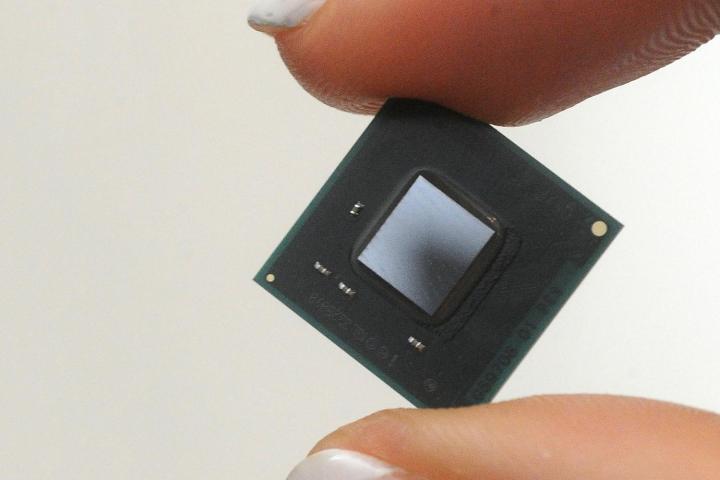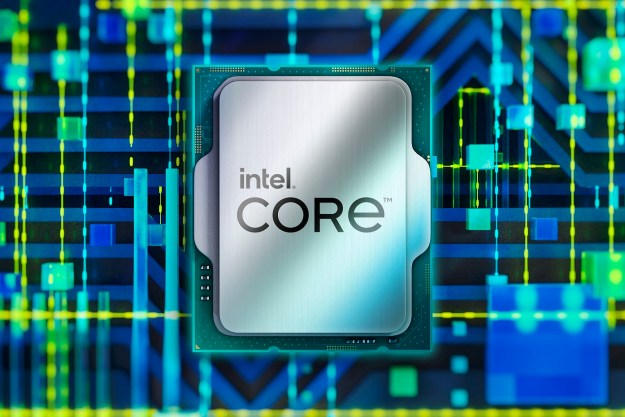
Intel is working on a new SoC (system on a chip) that will compete with the ARM-based designs that have dominated the mobile market for several years. Through a partnership with fabless chip designer SiFive, Intel is licensing IP to create its own 64-bit SoC that’s built on its 7nm node.
Last week, Intel announced a partnership with SiFive for its upcoming Horse Creek platform. Intel is using SiFive’s P550 core for the Horse Creek design, which is SiFive’s “highest performance processor” available. Intel said it will be incorporating its own IP, including DDR and PCIe, into the design.
Outside of the P550 core and 7nm process, Intel hasn’t revealed anything about Horse Creek. The company is reportedly targeting embedded solutions with the platform, including smartphones and IoT devices. As SiFive’s most powerful core to date, though, it’s possible Intel will push its license further for more devices.
That’s not out of the question, considering Intel reportedly offered to buy SiFive for $2 billion in June. The two companies have grown closer over the past few months, likely under mounting pressure from Nvidia and its recent ARM acquisition. ARM dominates the embedded market, comprising as much as a 90% market share in the mobile space.
Intel and SiFive are taking on the market leader. In March, SiFive announced a partnership with Intel Foundry Services to bring its RISC-V instruction set to Intel’s growing foundry business. The big advantage of RISC-V over other instruction set architectures (ISAs) is that it’s open source, allowing anyone to not only use the instruction set without paying royalties, but also to tweak it.
That fact, plus SiFive’s new cores, could put a lot of heat on ARM. The P550 core Intel is licensing is said to deliver a significant performance-per-area advantage compared to ARM. SiFive says that it can fit four P550 cores in about the same area as a single ARM Cortex-A75.
Intel hasn’t announced when the first Horse Creek units will roll out, but current speculation suggests that 2022 is the target. Horse Creek could serve as a test platform for Intel’s 7nm manufacturing process, which the company said it will bring to market in 2023 with the launch of Meteor Lake processors.
Editors' Recommendations
- Intel may already be conceding its fight against Nvidia
- How Nvidia and AMD could make Windows laptops feel like MacBooks
- Intel’s upcoming iGPU might destroy both Nvidia and Apple M2
- Intel Arc is finally here, and it’s cheaper than AMD and Nvidia
- Intel’s $1 billion investment may bring next-level computing



